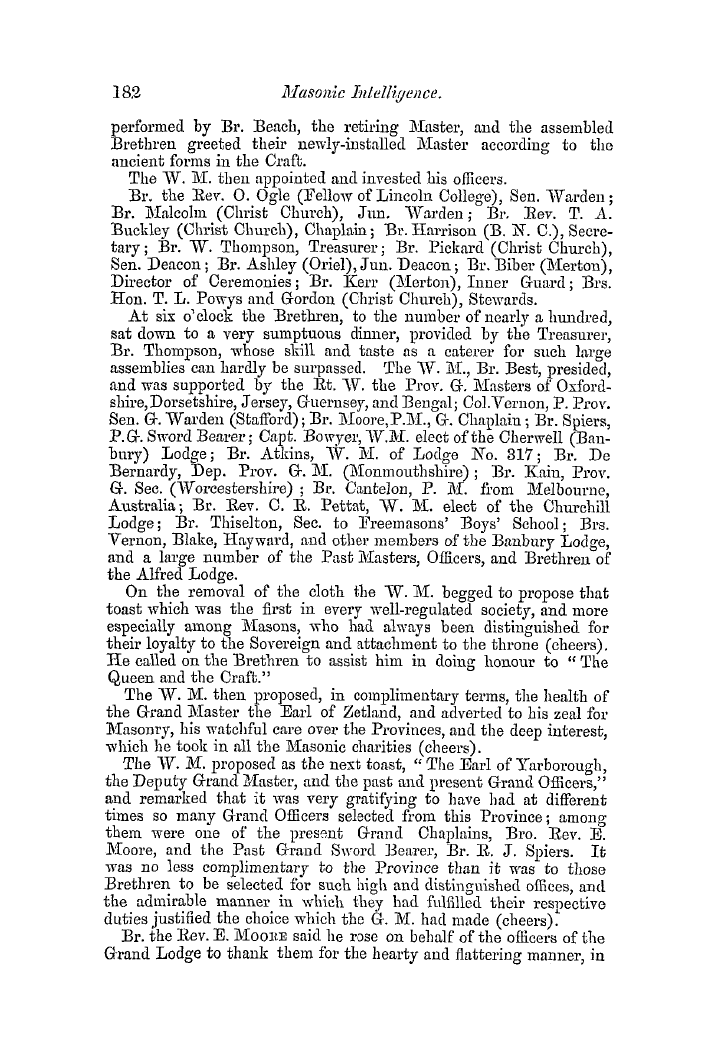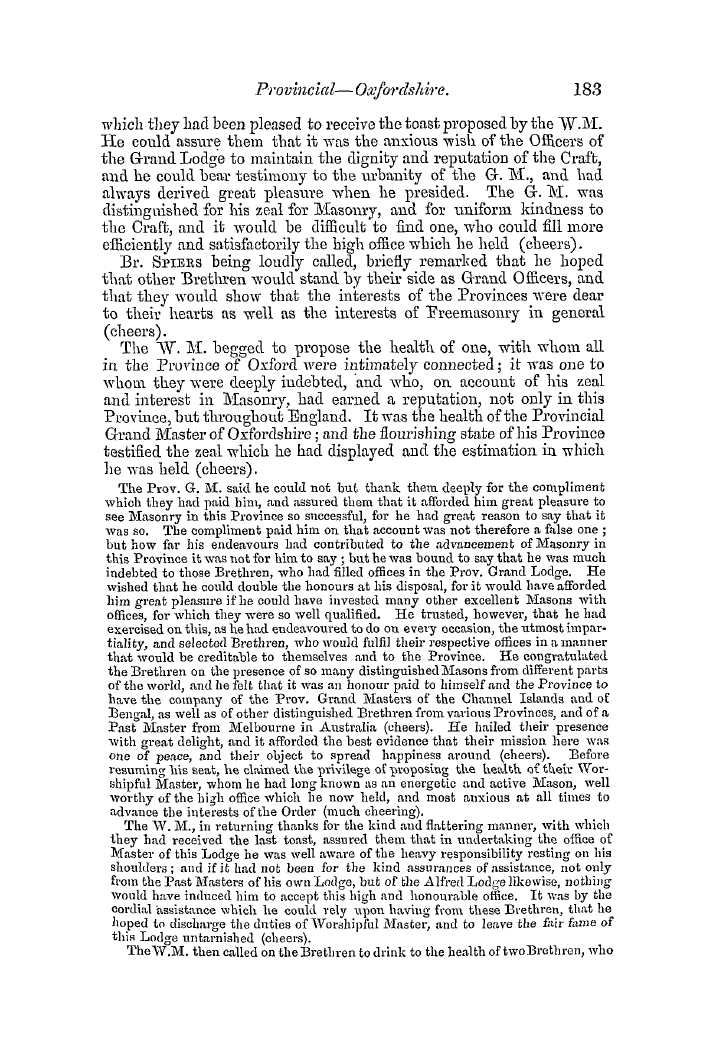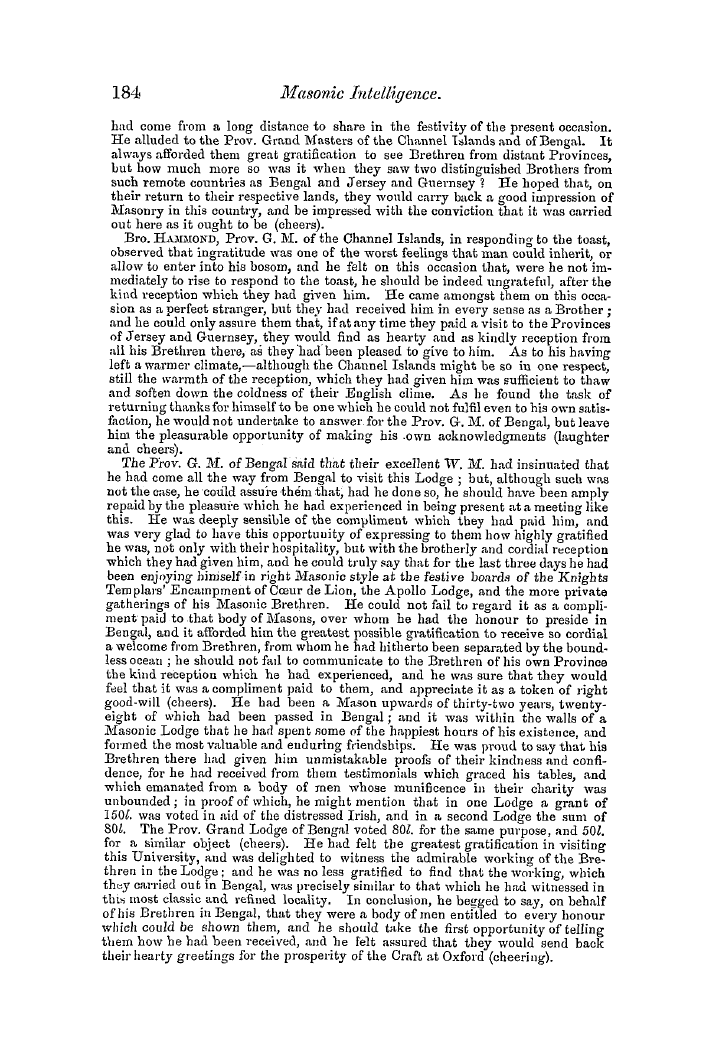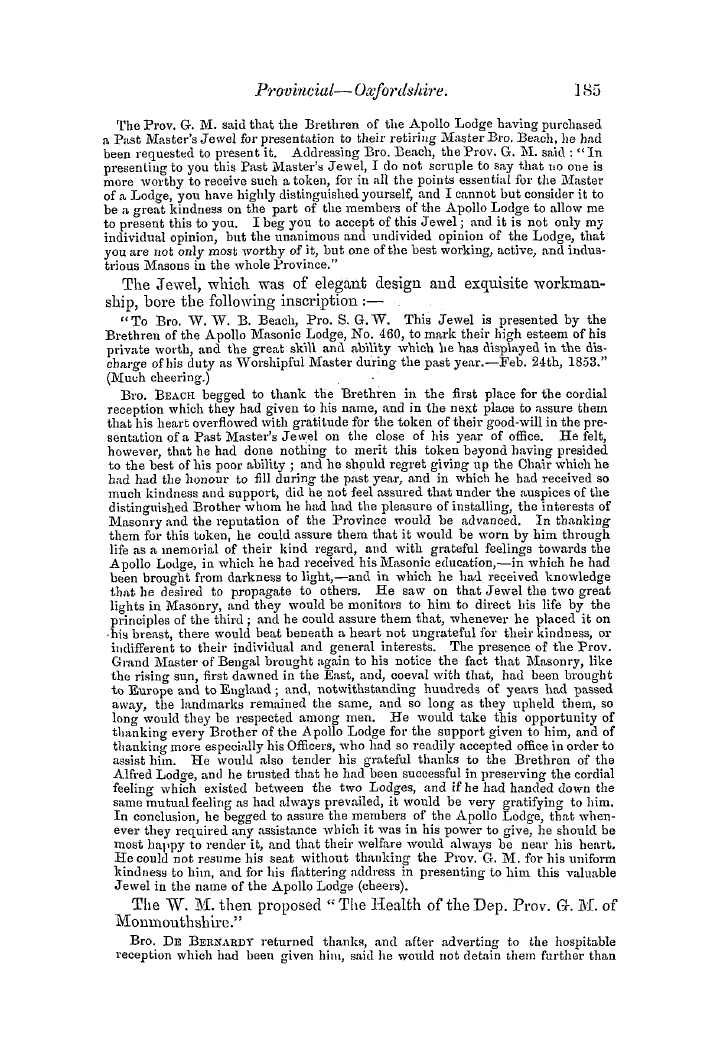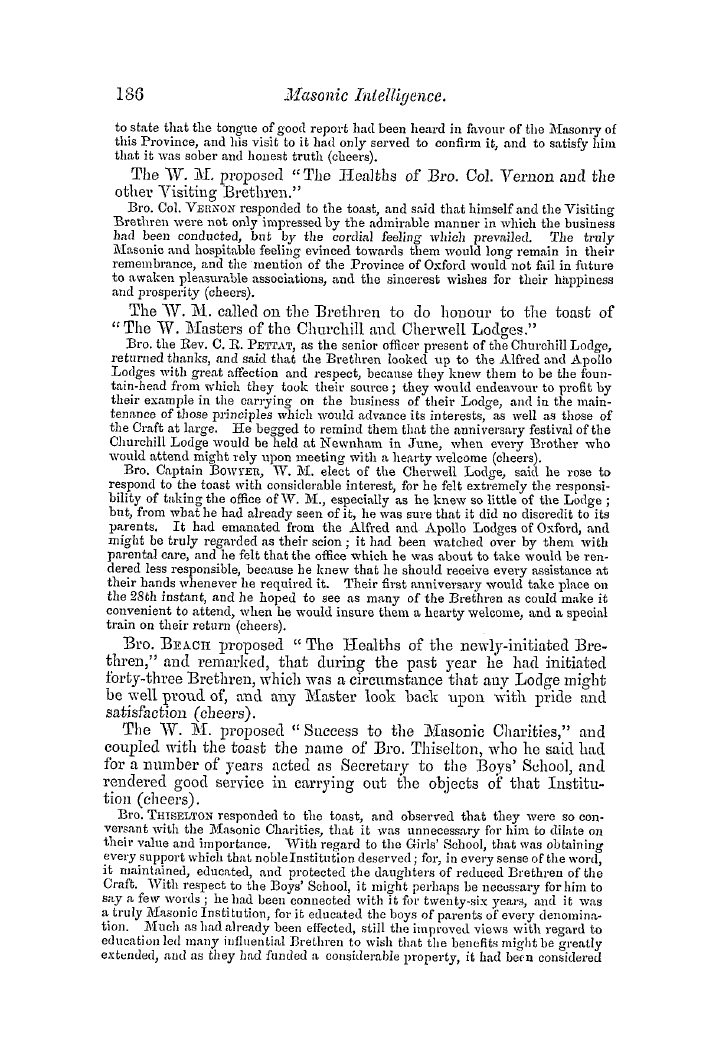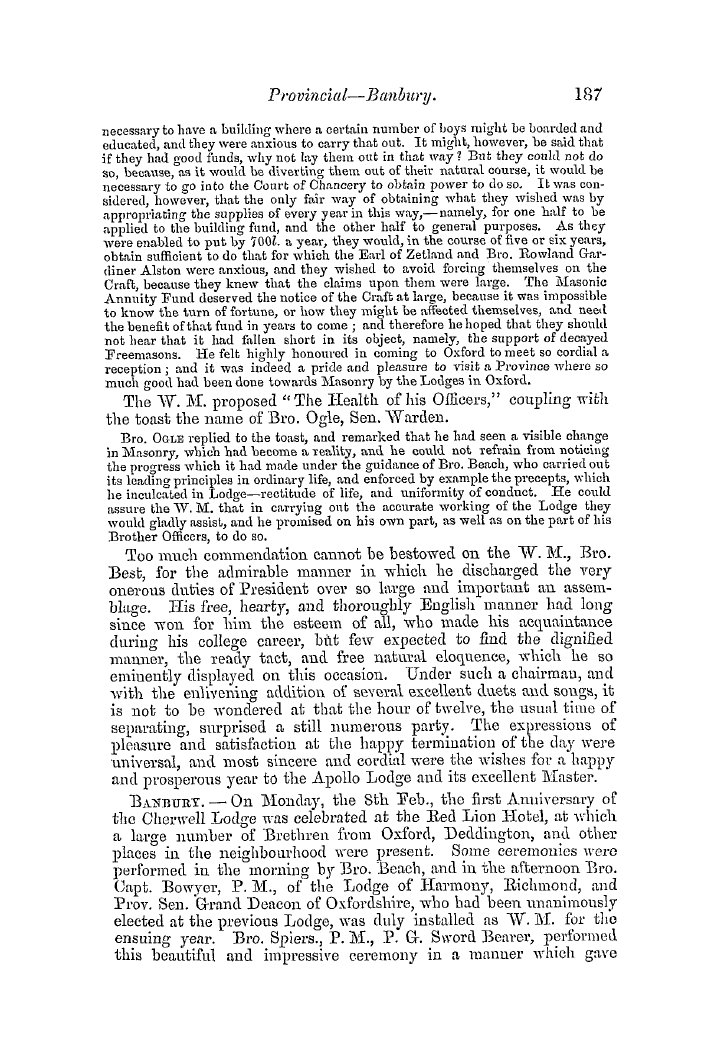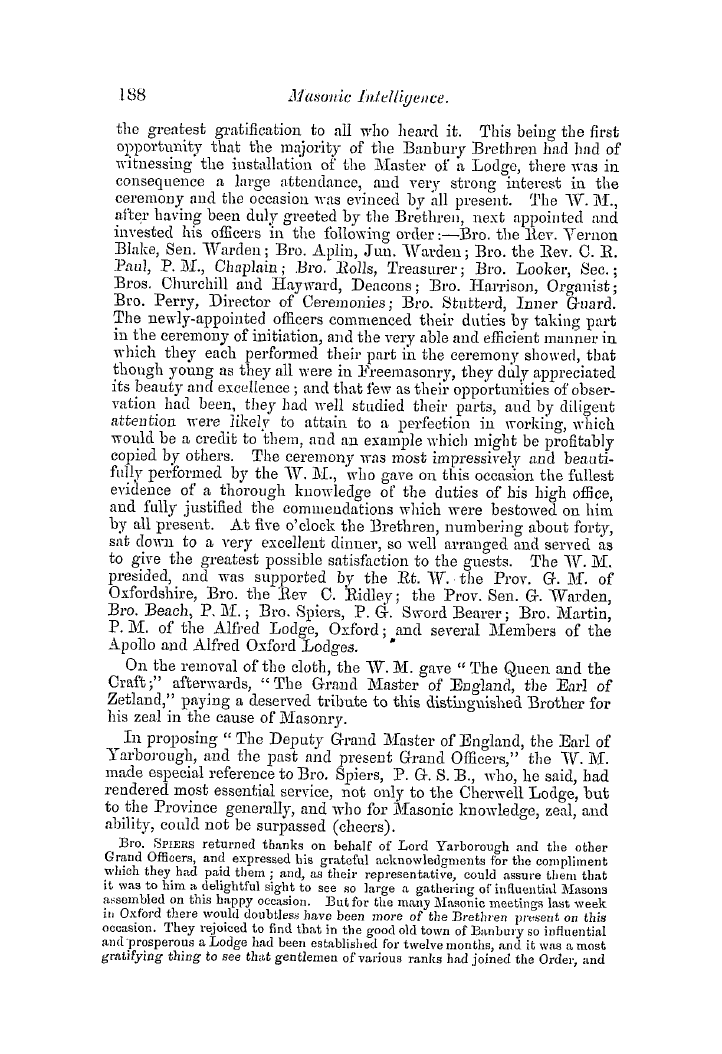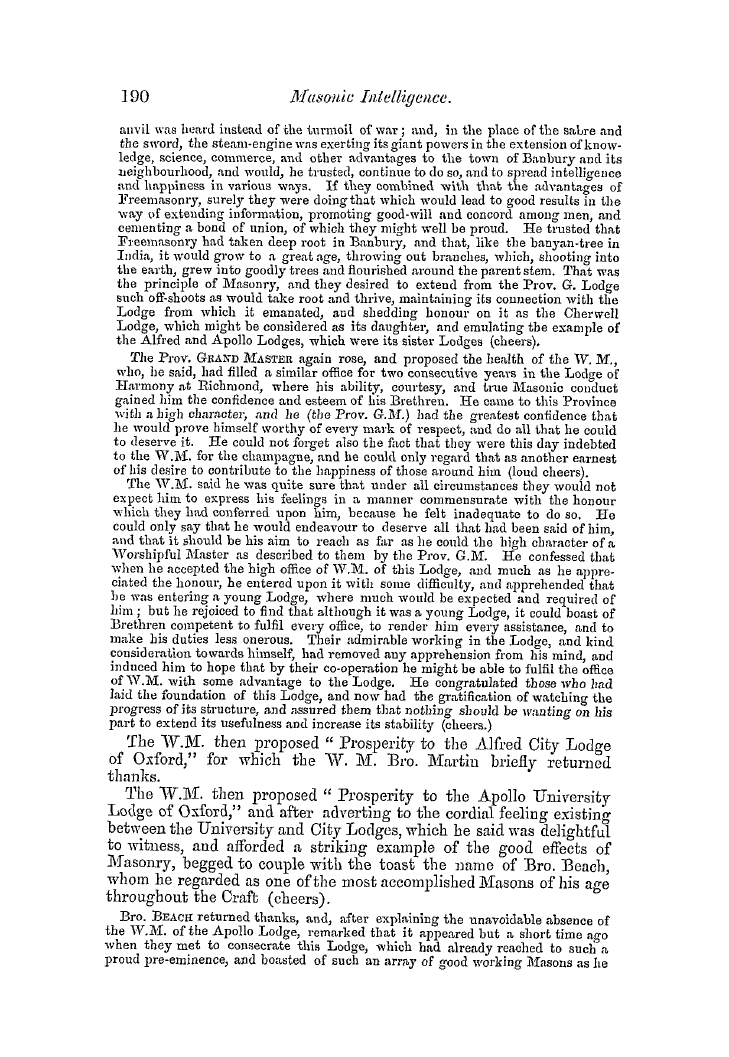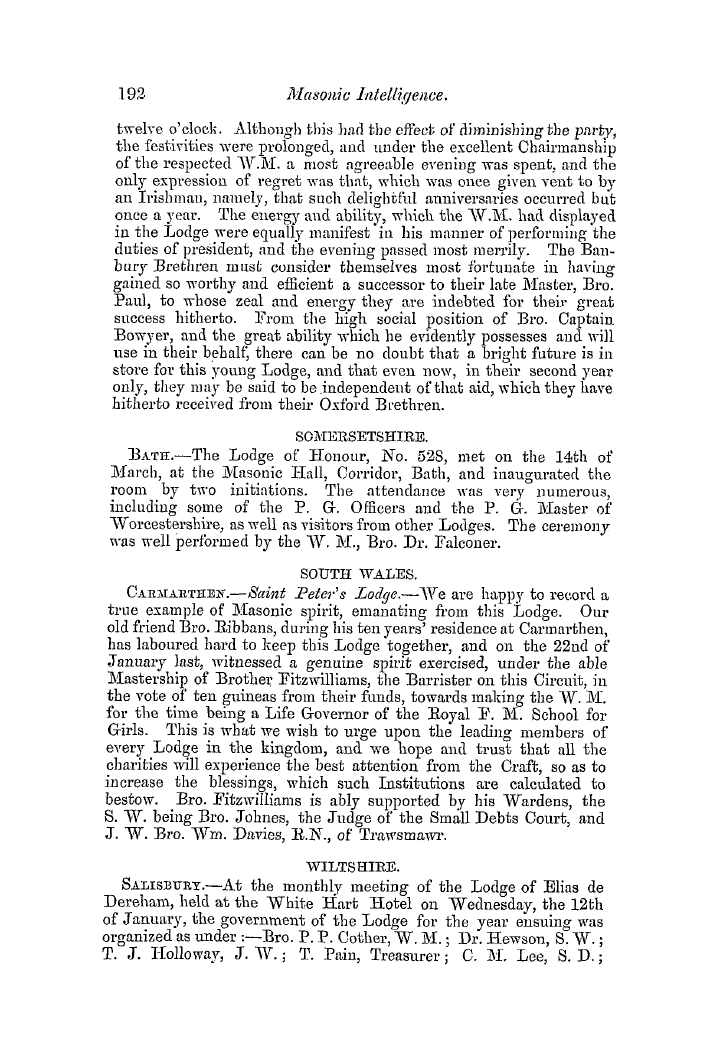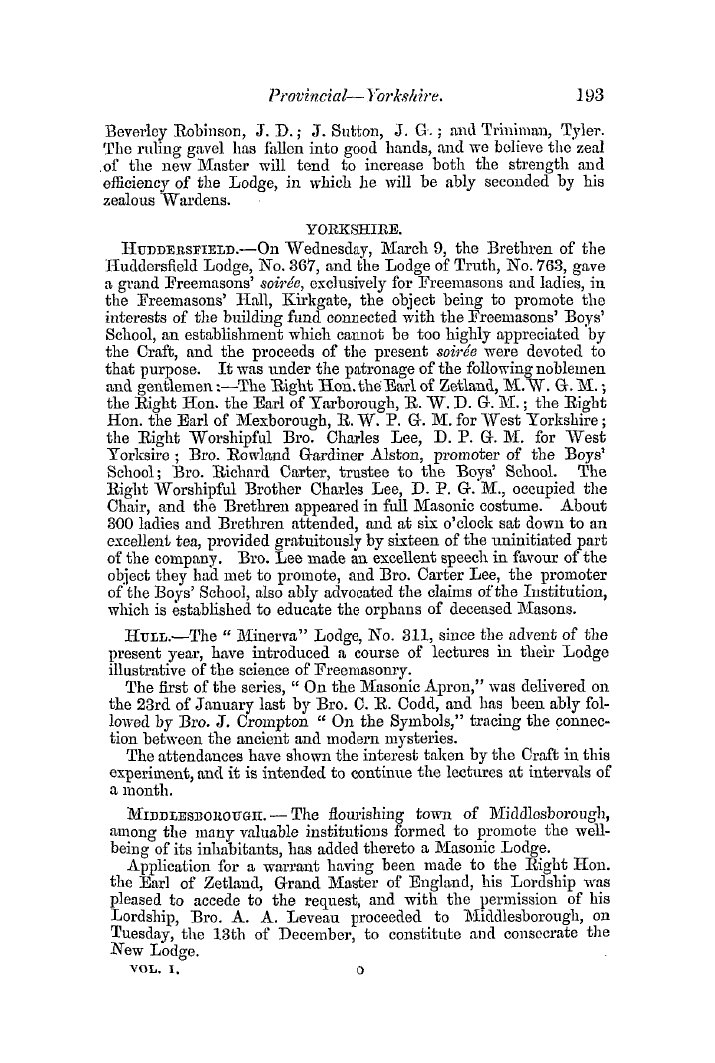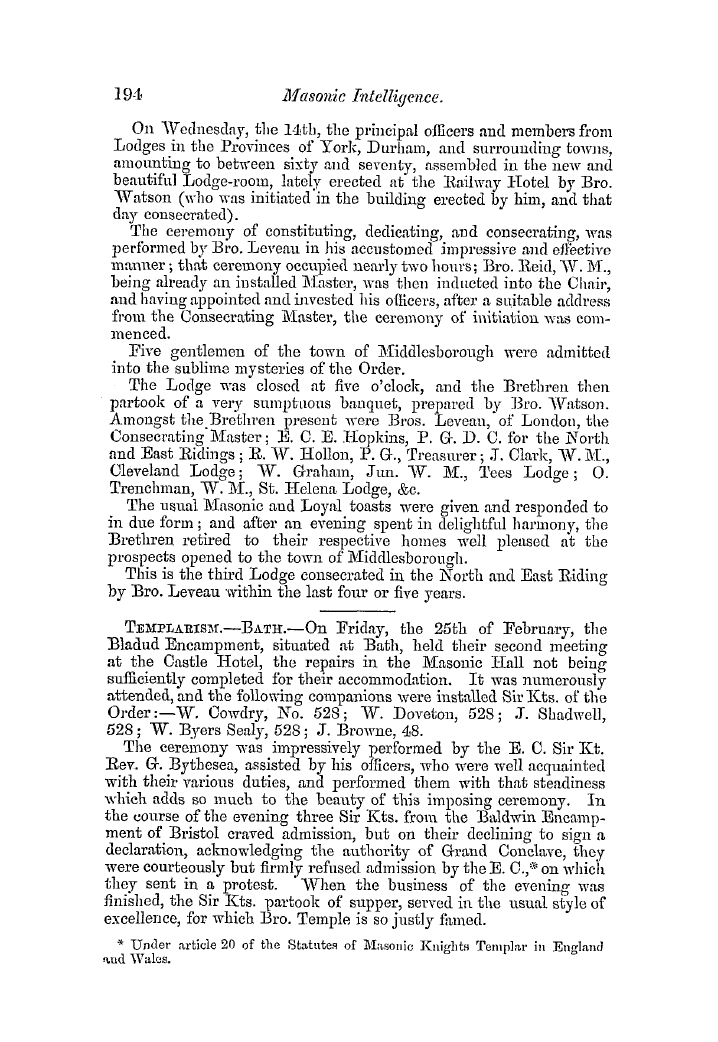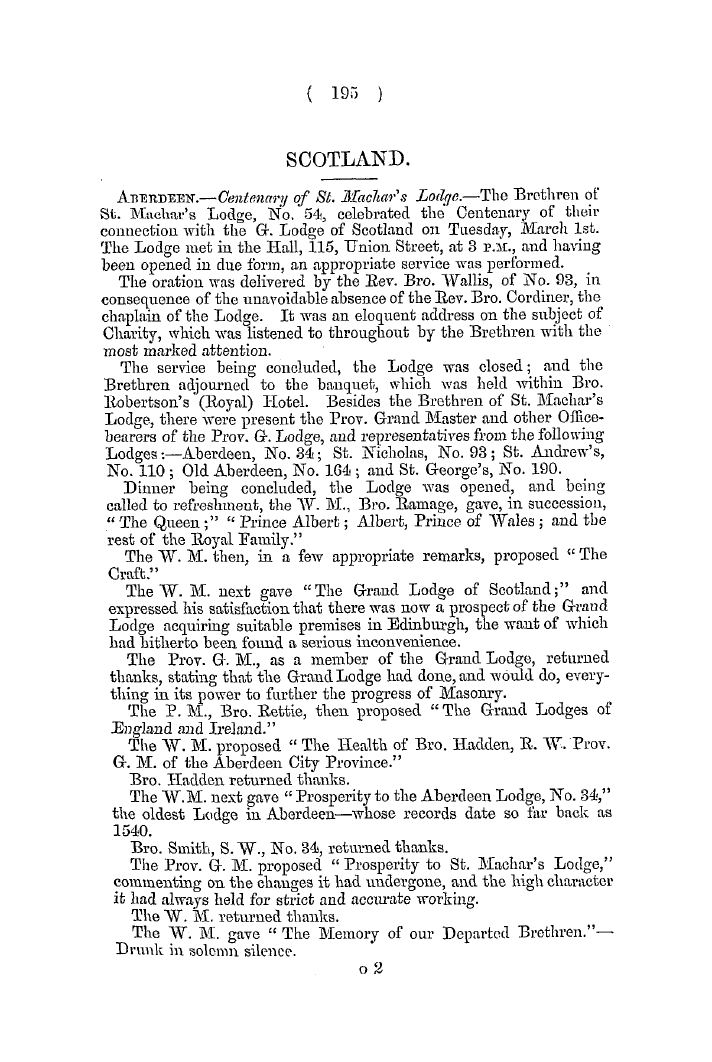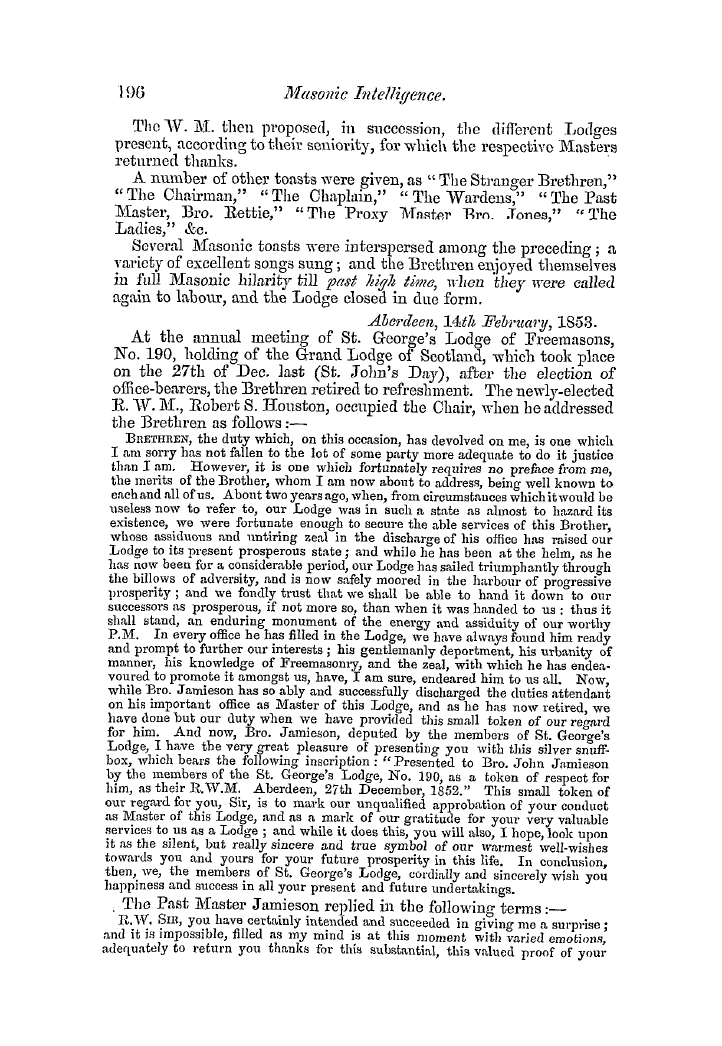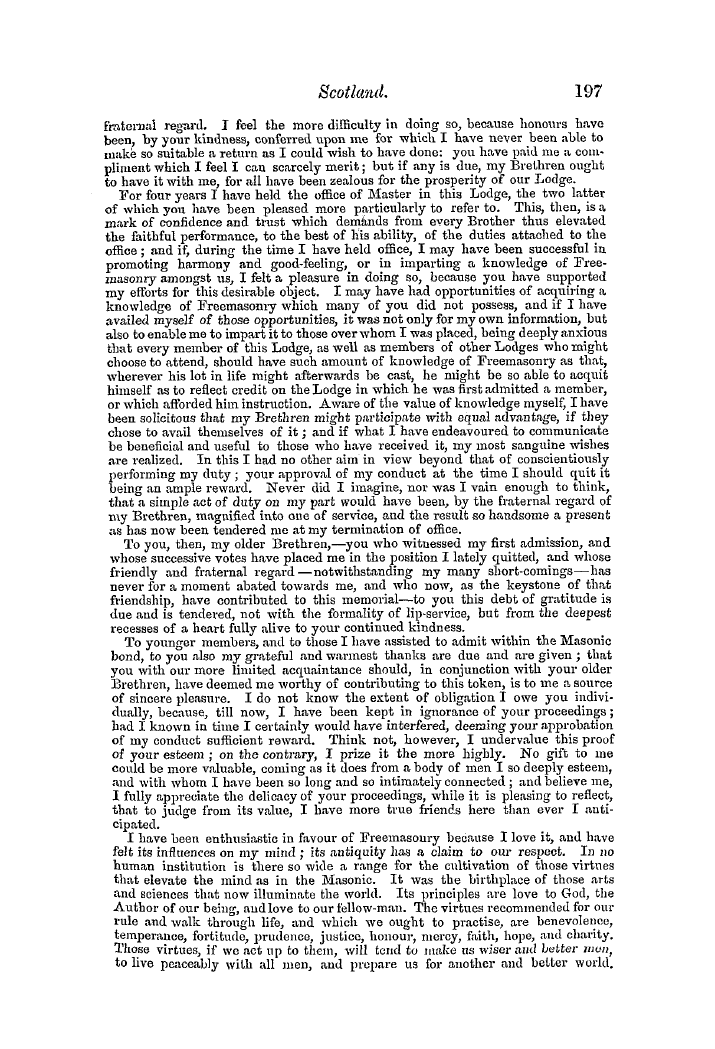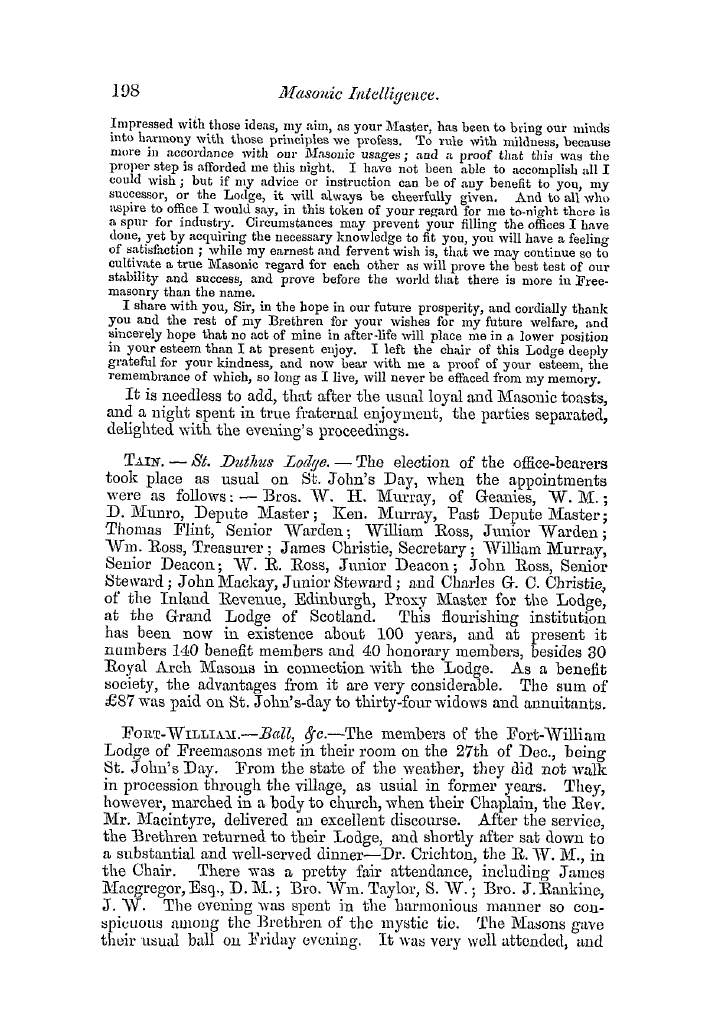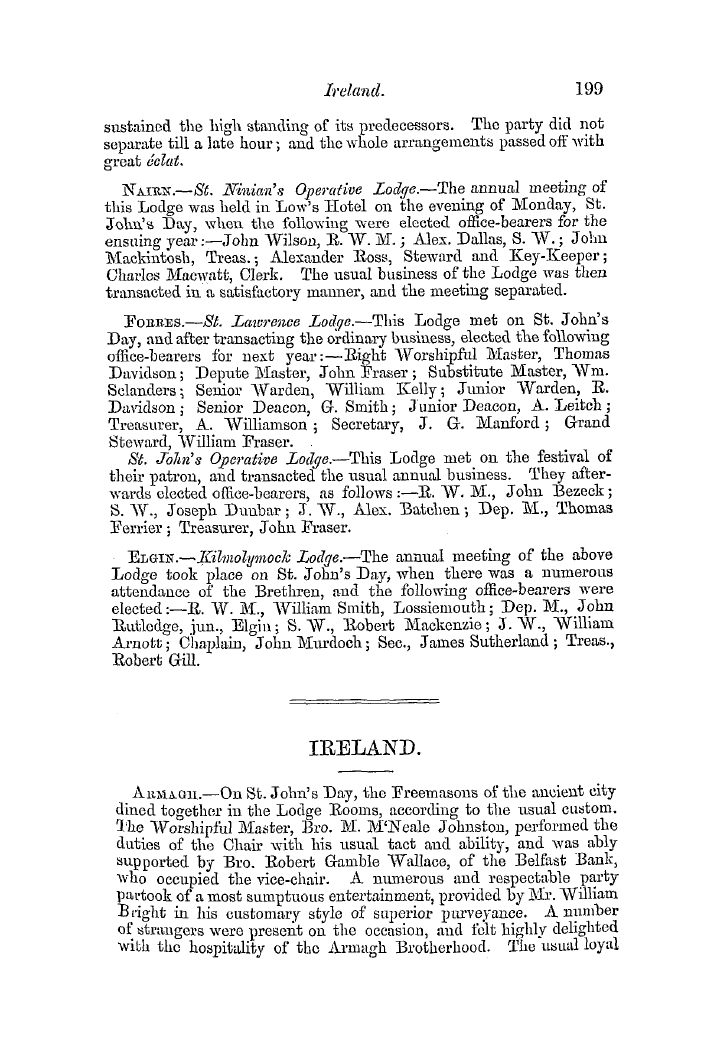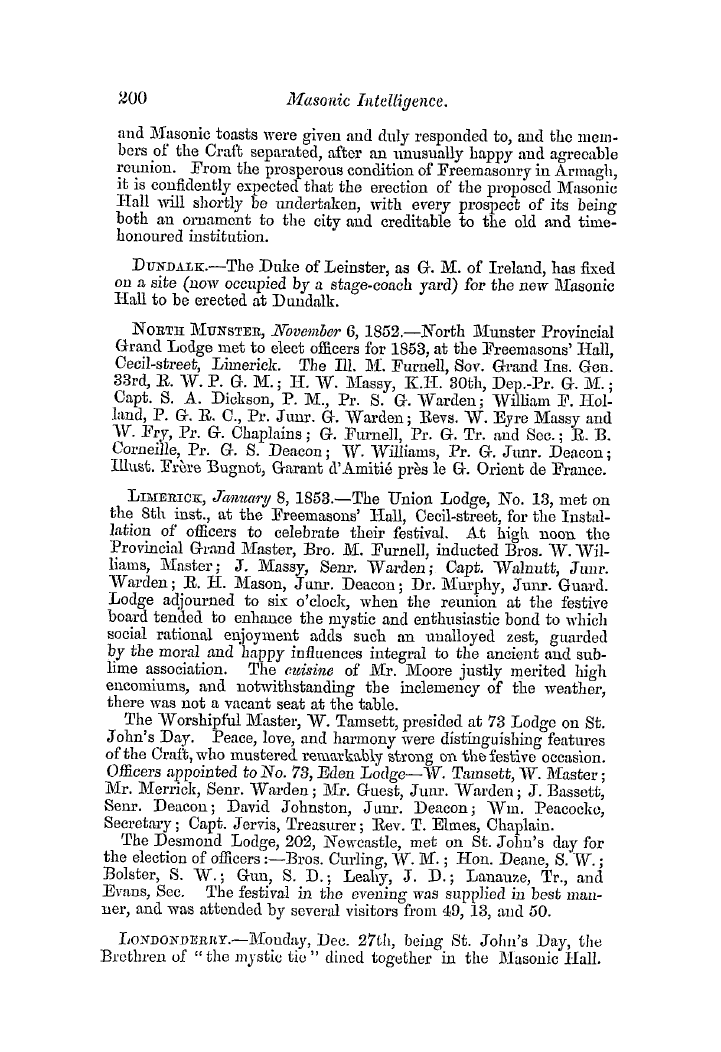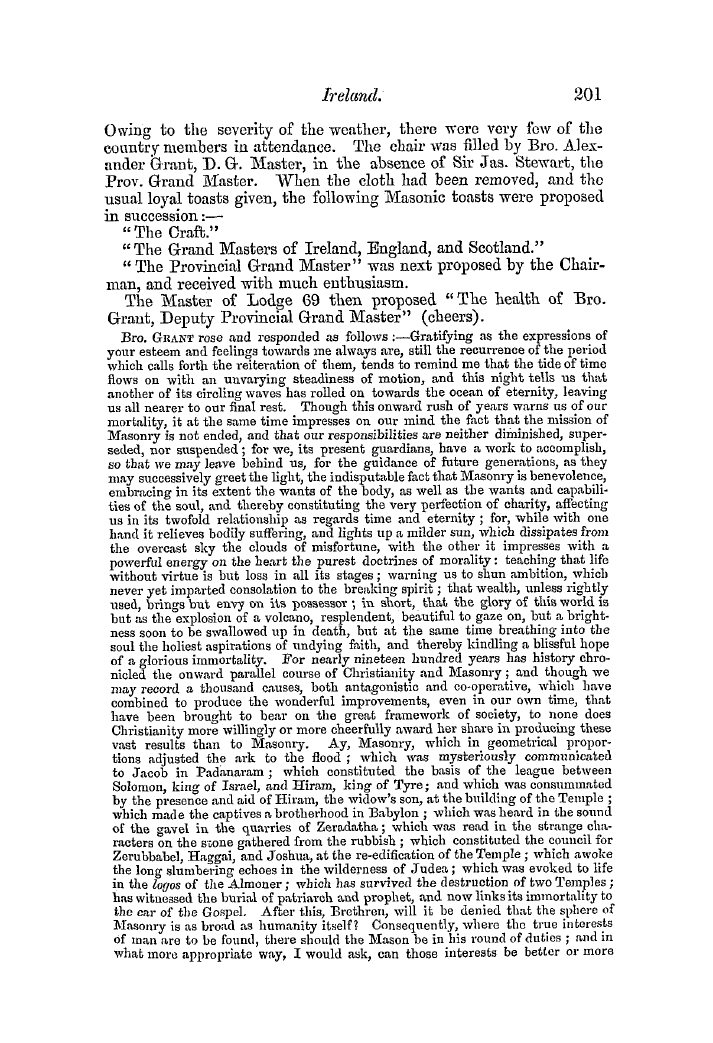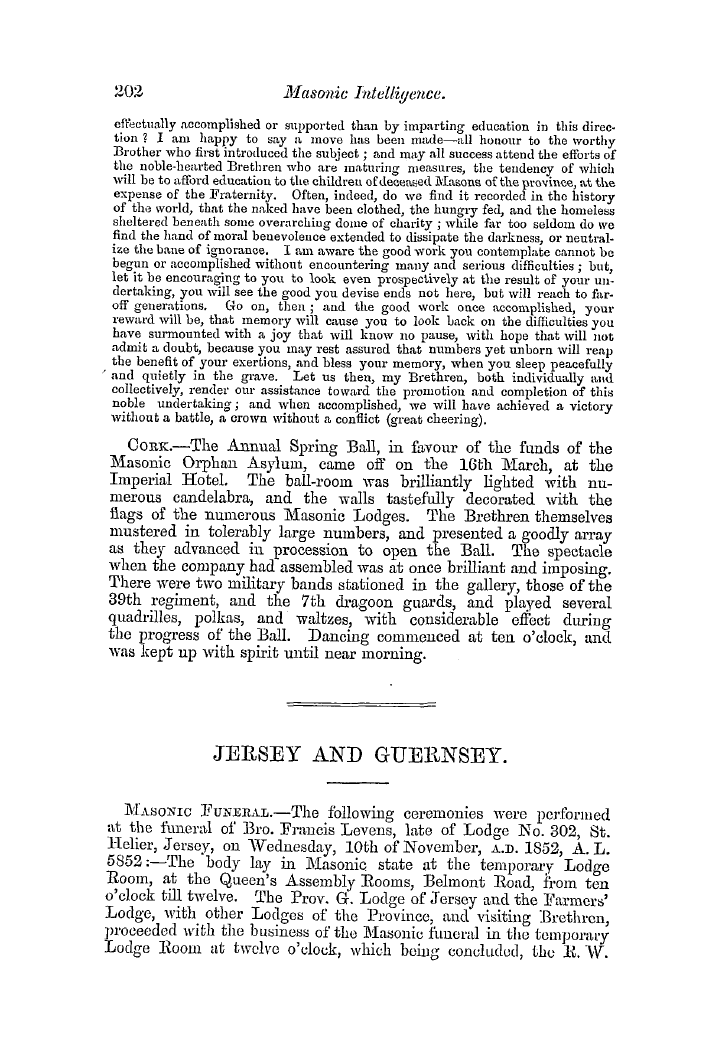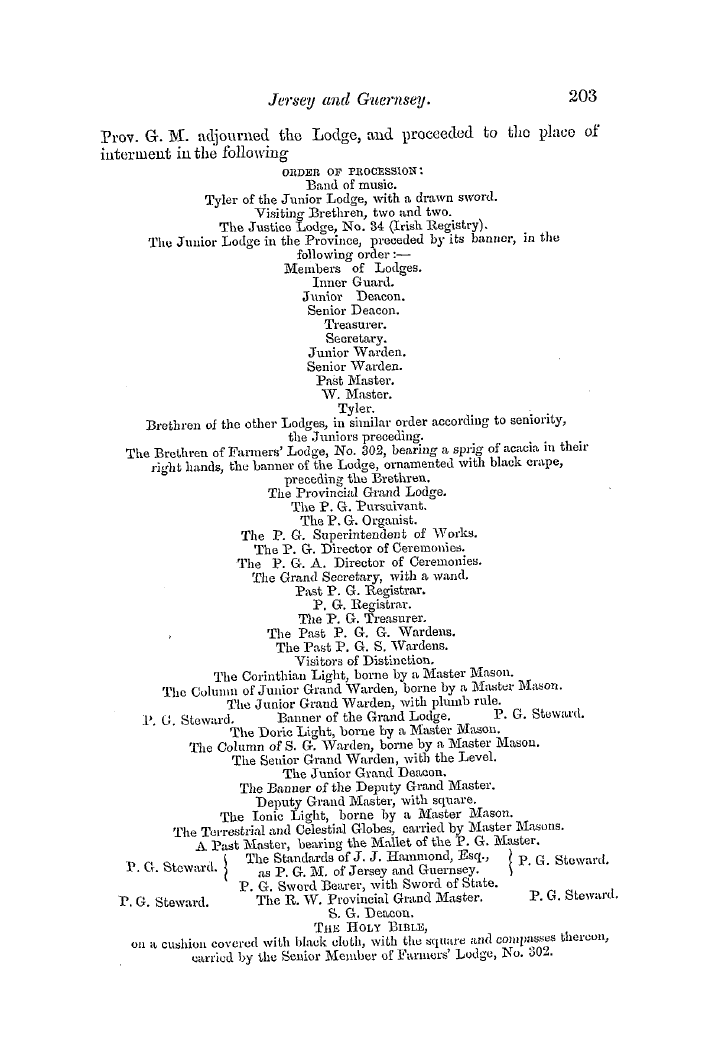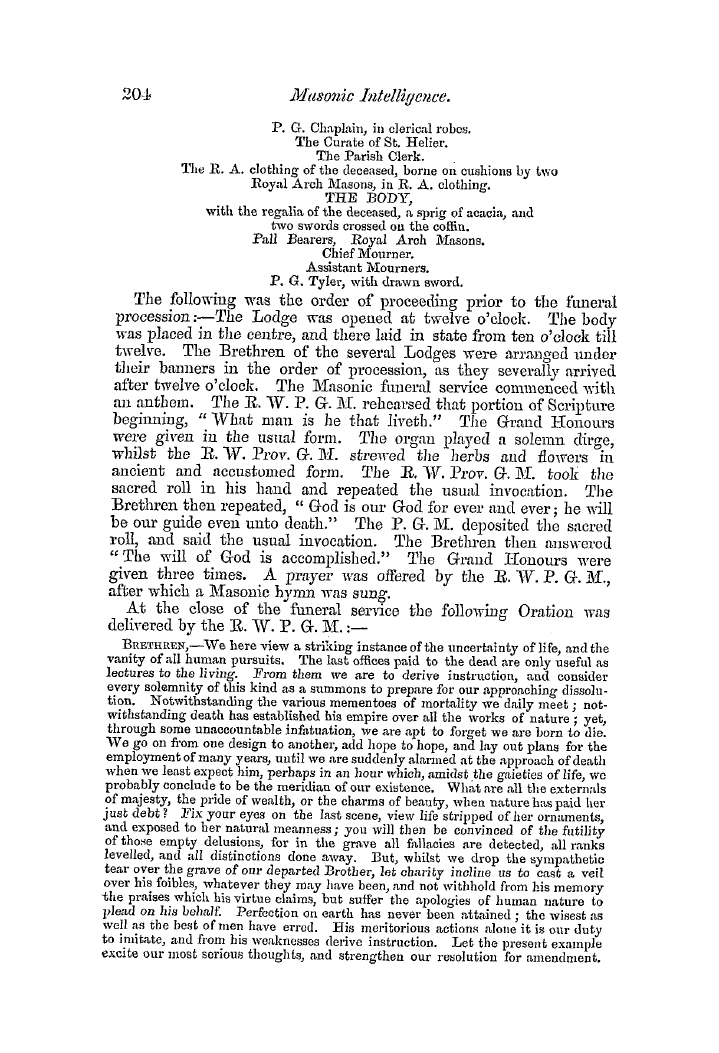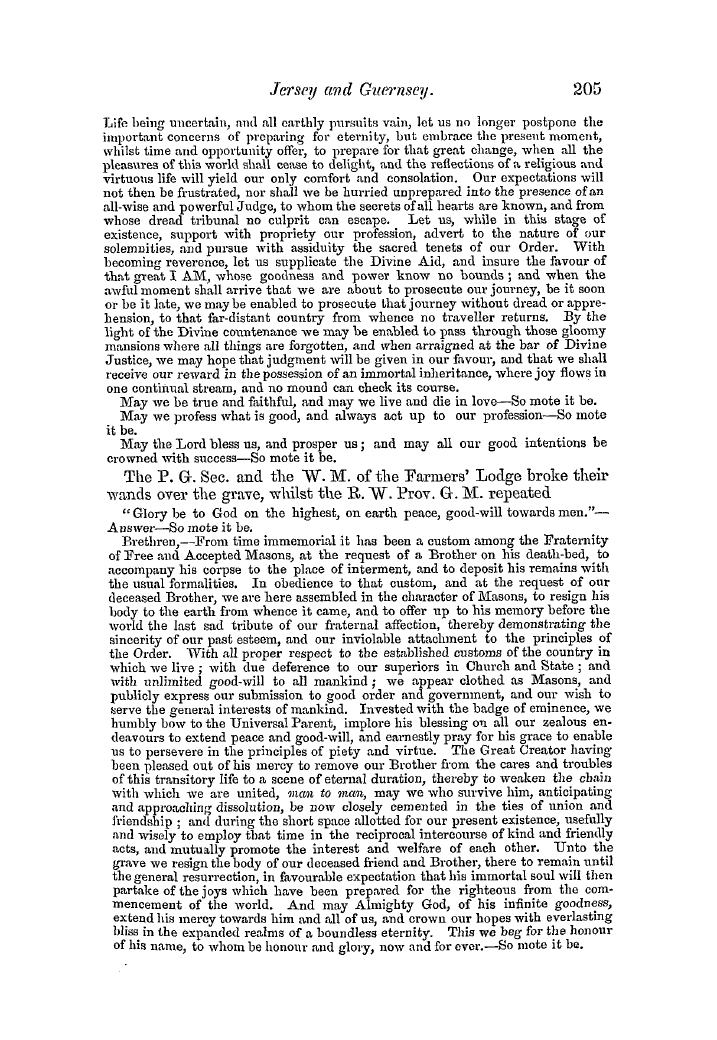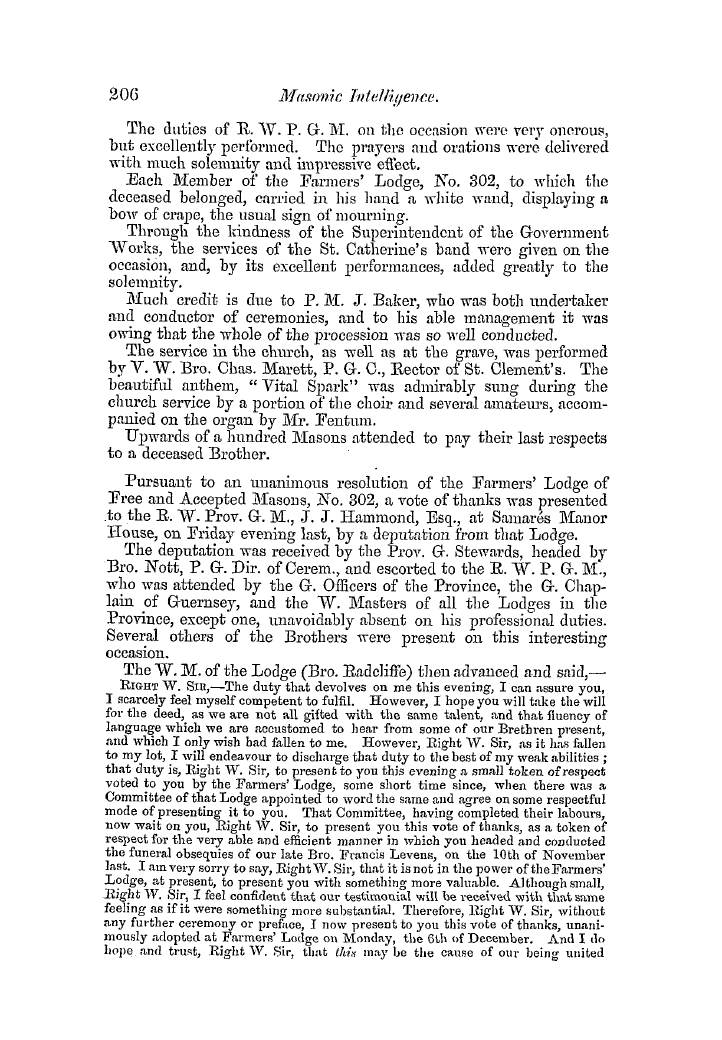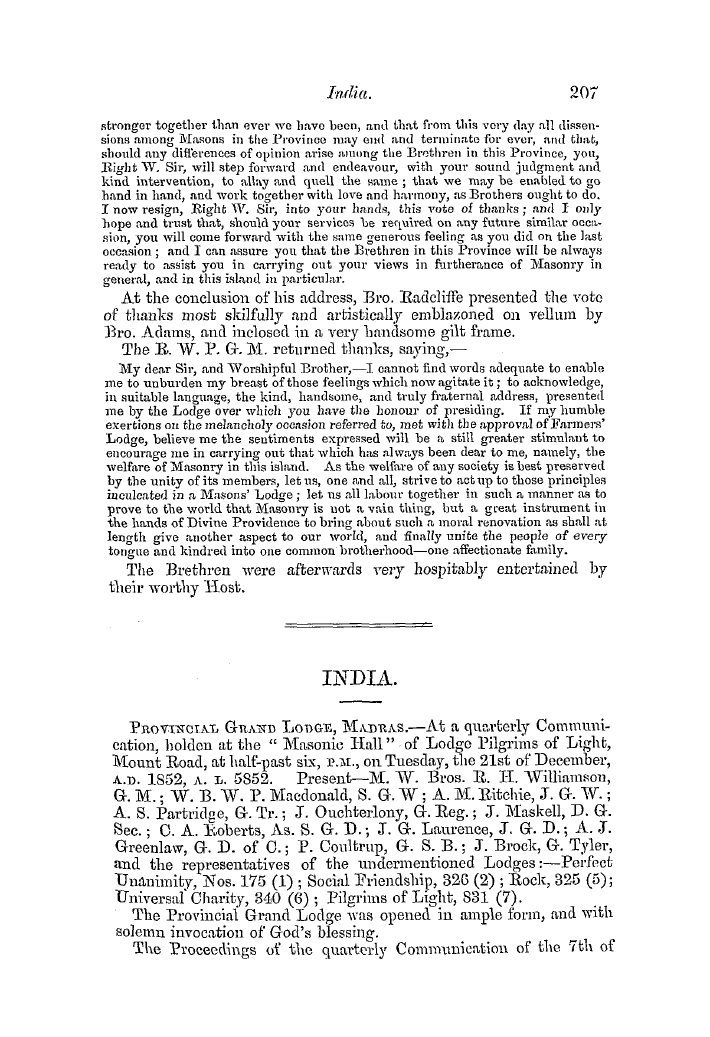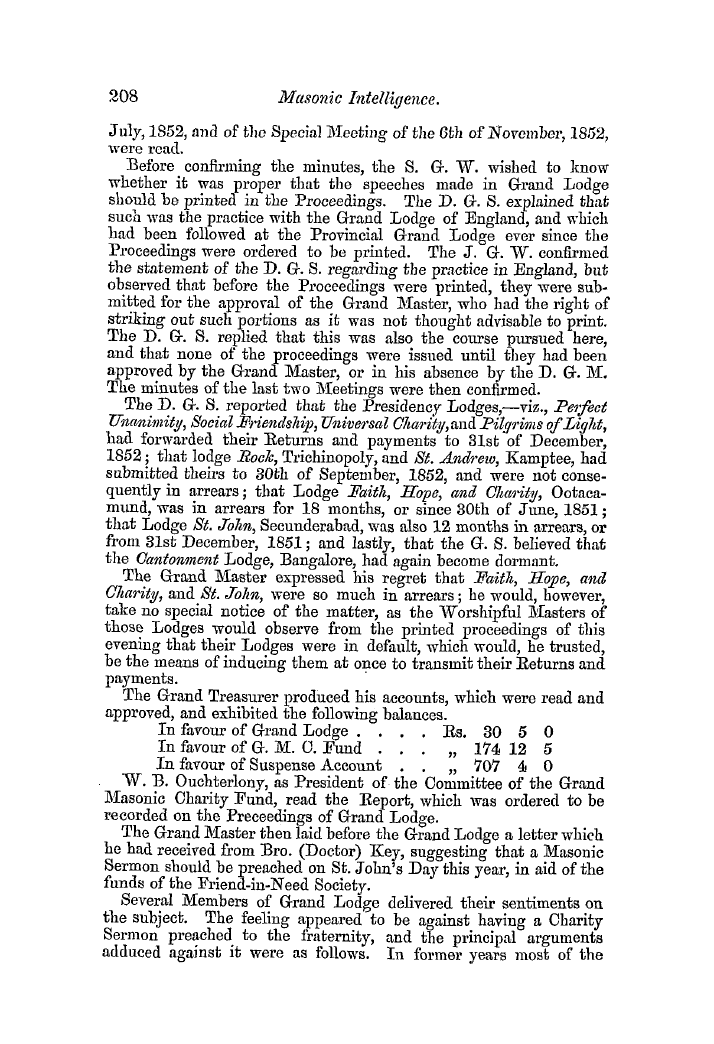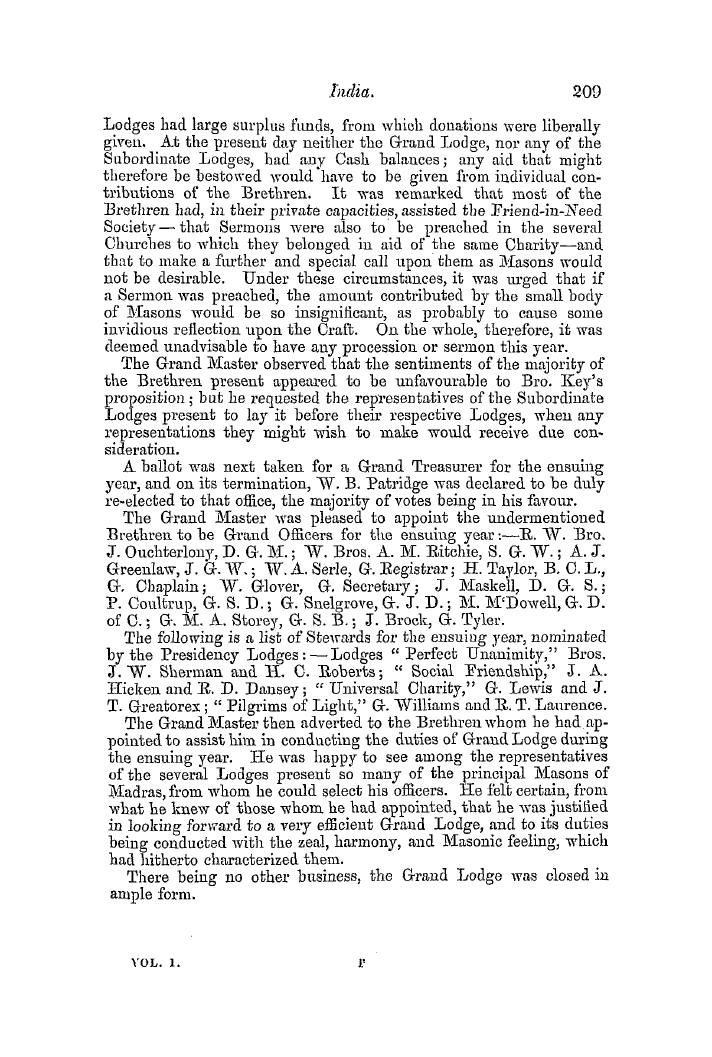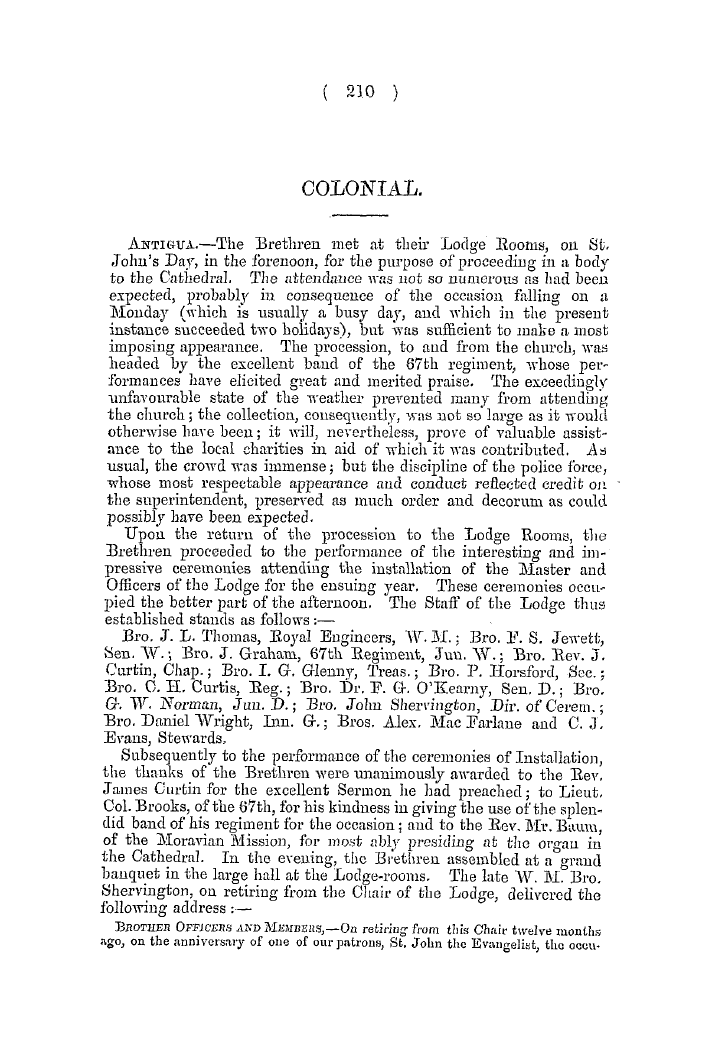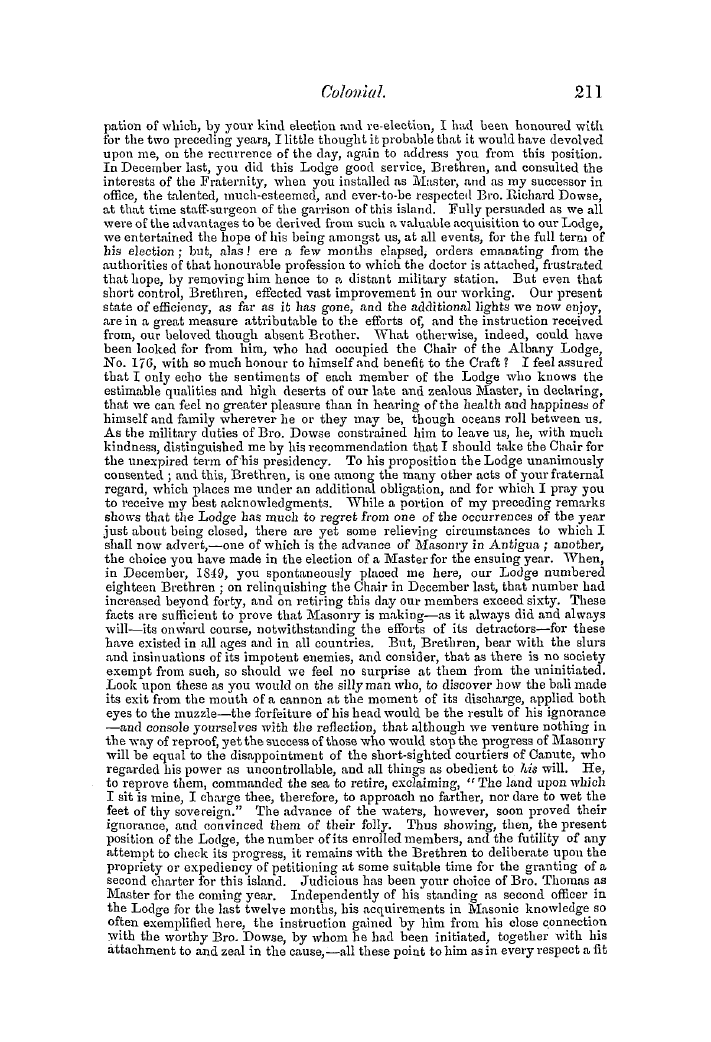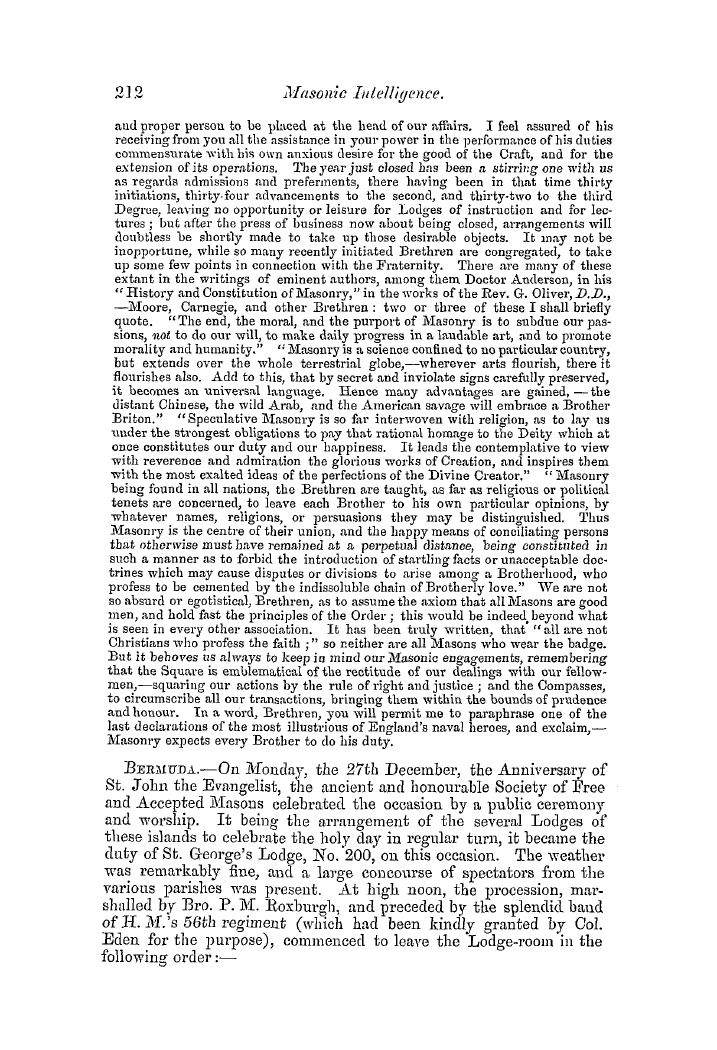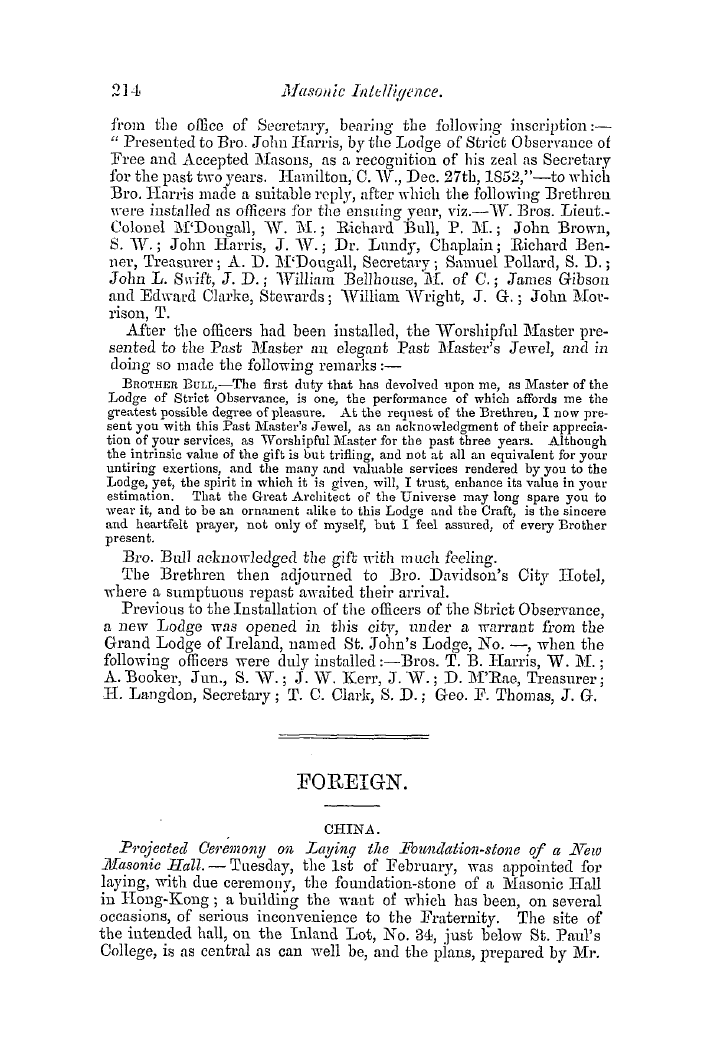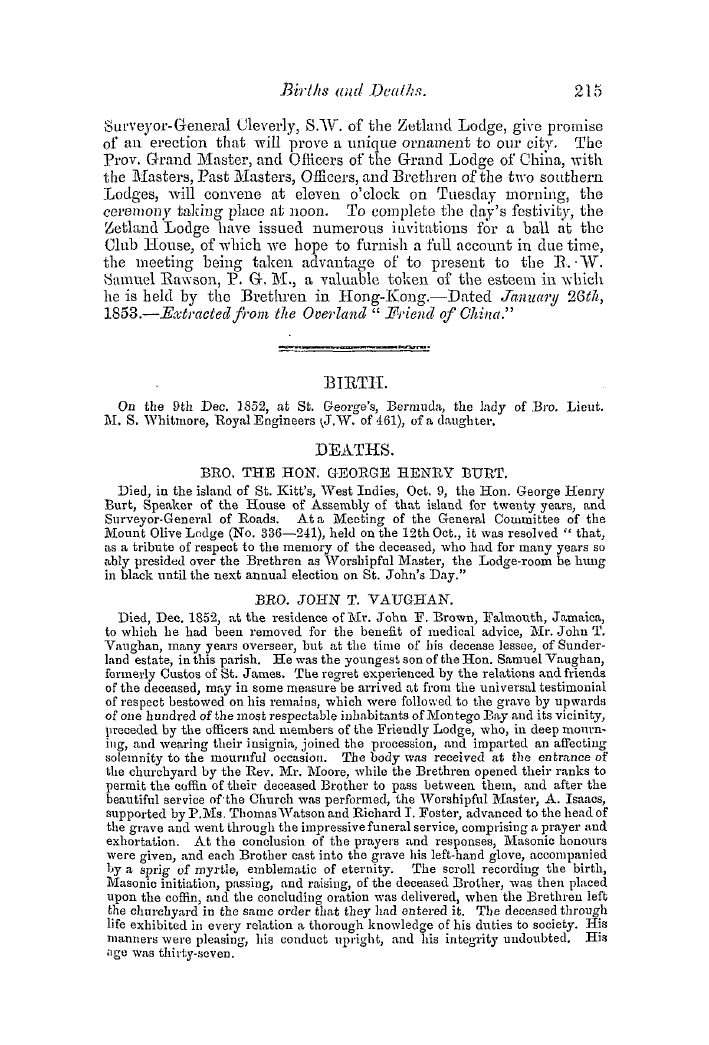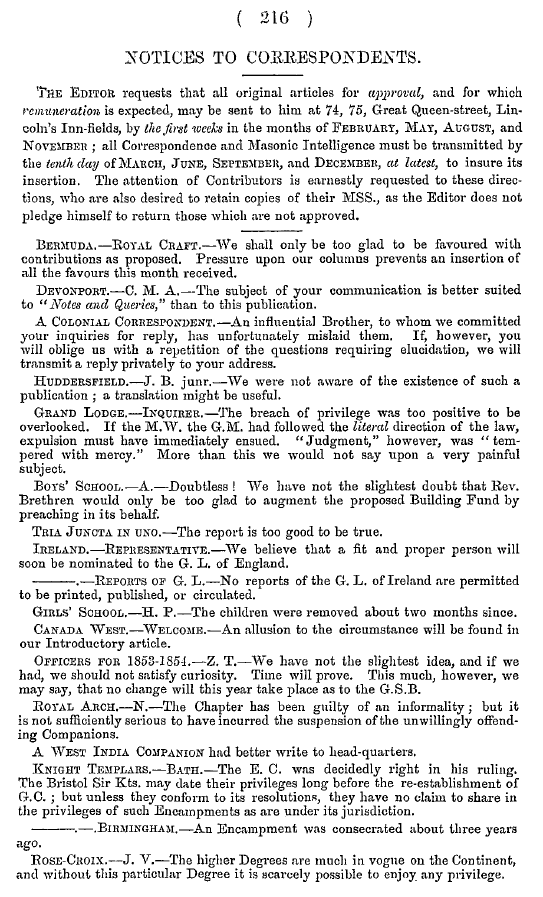Note: This text has been automatically extracted via Optical Character Recognition (OCR) software.
Female Literature In France In The Seventeenth Century.
ancl , as every one acquainted Avith French history is Avell aAvare , Avas essentially lax in social morality . The several soA'ereigiis , as Avell as tlieir great nobles , AVere dissolute ancl unprincipled ; ancl a corrupt court must ever make a corrupt people . At the close of tlie preA'ious century it hacl become the fashion for eA'ery woman of Avit to write , and as every Avoman of Avit Avas not endoAved with creative genius , she naturally turned for her subject to the events Avhich Avere ] iassing about her . The " Heptameron" of Marguerite de Valois Avas no effort of imagination , but
simply an exaggerated reflection of the daily incidents which fell under her OAVU observation , or were commxmicated to her by her friends . The celebrated sketches of the Princess de Conti xvere mere satires , more pungent than delicate , upon tlie A'ices of Henry IV . and his court ; even the charming Letters of Madame cle Sevigny are occasionally tainted by the same
reckless spirit of disregard for the conventionalities of virtuous society ; nor clo I hesitate to admit that I coxdd increase my list of those female Avriters who AA'ere content to be more AA'itty than AA * ise . But such is not my purpose . All I desire to show is simply this * . that the first literary attempts made by the Avomen of France Avere almost universally in the shape of memoirs ; and as , at the period referred to , a veracious chronicler coulcl not succeed in
producing" No line that dying he would wish to blot ;" this circumstance did not fail to affect , in a greater or less degree , according to the standard of mind to Avhich each particular writer had attained , all their subsequent productions . As time wore on , however , the stream , at first polluted at its soxn * cebegan to fling off its foulness ; womenweary of being
, , either toys or tyrants , gradually asserted the true dignity of their sex ; and a neAV era opened upon female literature . Meanwhile there AA'ere many less knoAvn , because less daring than tlieir more unscrupulous contemporaries , Avho helcl a not unenA * iable position in the Avorld of letters ; and it is with these
that I am about to endeaA'our to interest my readers . I shall not , by dAvelling upon those more celebrated names which have become land-marks in literary history , Aveary either them or myself with a twice-told tale . My intention is to introduce to them Avriters of whom they may possibly neA'er even have heard , or with whose productions they are but slihtly acquainted ;
g although , such as my limits Avill enable me to quote , were xA'ell deserving of a better fate than that comparative oblivion into Avhich they have fallen . Setting aside , then , the celebrated classic , Madame Dacier ,
Note: This text has been automatically extracted via Optical Character Recognition (OCR) software.
Female Literature In France In The Seventeenth Century.
ancl , as every one acquainted Avith French history is Avell aAvare , Avas essentially lax in social morality . The several soA'ereigiis , as Avell as tlieir great nobles , AVere dissolute ancl unprincipled ; ancl a corrupt court must ever make a corrupt people . At the close of tlie preA'ious century it hacl become the fashion for eA'ery woman of Avit to write , and as every Avoman of Avit Avas not endoAved with creative genius , she naturally turned for her subject to the events Avhich Avere ] iassing about her . The " Heptameron" of Marguerite de Valois Avas no effort of imagination , but
simply an exaggerated reflection of the daily incidents which fell under her OAVU observation , or were commxmicated to her by her friends . The celebrated sketches of the Princess de Conti xvere mere satires , more pungent than delicate , upon tlie A'ices of Henry IV . and his court ; even the charming Letters of Madame cle Sevigny are occasionally tainted by the same
reckless spirit of disregard for the conventionalities of virtuous society ; nor clo I hesitate to admit that I coxdd increase my list of those female Avriters who AA'ere content to be more AA'itty than AA * ise . But such is not my purpose . All I desire to show is simply this * . that the first literary attempts made by the Avomen of France Avere almost universally in the shape of memoirs ; and as , at the period referred to , a veracious chronicler coulcl not succeed in
producing" No line that dying he would wish to blot ;" this circumstance did not fail to affect , in a greater or less degree , according to the standard of mind to Avhich each particular writer had attained , all their subsequent productions . As time wore on , however , the stream , at first polluted at its soxn * cebegan to fling off its foulness ; womenweary of being
, , either toys or tyrants , gradually asserted the true dignity of their sex ; and a neAV era opened upon female literature . Meanwhile there AA'ere many less knoAvn , because less daring than tlieir more unscrupulous contemporaries , Avho helcl a not unenA * iable position in the Avorld of letters ; and it is with these
that I am about to endeaA'our to interest my readers . I shall not , by dAvelling upon those more celebrated names which have become land-marks in literary history , Aveary either them or myself with a twice-told tale . My intention is to introduce to them Avriters of whom they may possibly neA'er even have heard , or with whose productions they are but slihtly acquainted ;
g although , such as my limits Avill enable me to quote , were xA'ell deserving of a better fate than that comparative oblivion into Avhich they have fallen . Setting aside , then , the celebrated classic , Madame Dacier ,































































































































































































